Leading change
Distancing themselves from the past
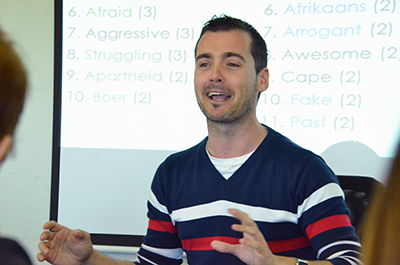
Prof Pedro Álvarez Mosquera from the University of Salamanca, Spain, said at a Unisa seminar that a new generation of Afrikaans speaking whites have the desire to reconfigure their identity through new social and language practices.
In South Africa, the persistence of profound ethnic lines and the difficult co-existence of the 11 official languages appear to play an important role in citizens’ daily lives. In such multilingual contexts, language and ideology are fundamental to identity formation and the development of intergroup relations.
Hosted by the Department of Linguistics and Modern Languages in March, Prof Pedro Álvarez Mosquera from the University of Salamanca, Spain, examined this strong connection between language and identity when he studied the effects of the lack of social contact among young white Afrikaans speakers from universities. He said language and ideology tend to be central factors in the individual’s identity formation process and the development of intergroup relations.
Based on recent focus group and interview data with blacks, coloureds, and whites, as well as a sociolinguistic study, his preliminary results revealed the prevalence of pre-democracy negative stereotypical features attributed to Afrikaans white speakers among black South Africans.
Providing participants with a list of labels, he said some of the words that white South Africans used to describe themselves were friendly and class; black South Africans described white South Africans as racist and privileged; coloured South Africans also described white South Africans as racist. Other words that featured prominently were Afrikaans, rich, arrogant, fake, and past.
The professor’s presentation also highlighted how Afrikaans remains unappealing and connected to the country’s past, which represents a high social cost for its speakers. “So they are born into a context they cannot fit into, carrying the guilt of the past they are not responsible for.” He added that the group felt like a lost generation—those who are prejudged because they are Afrikaans speaking.
He then discussed some of the liminal strategies that young Afrikaans speakers undertake in order to reconfigure their identity or establish positive associations with it. “Looking at strategies to reconstruct their identity, to detach themselves from the past, they shift their identities towards a more global and European identity.
“They also reconfigure their identity through new social and language practices such as the Zef culture. There is a new generation of South African Afrikaans speaking whites who have the desire to reinvent what it means to be white, Afrikaans and South African. This offers them the opportunity to distance themselves from the past.”
*By Rivonia Naidu-Hoffmeester
Publish date: 2017-04-03 00:00:00.0


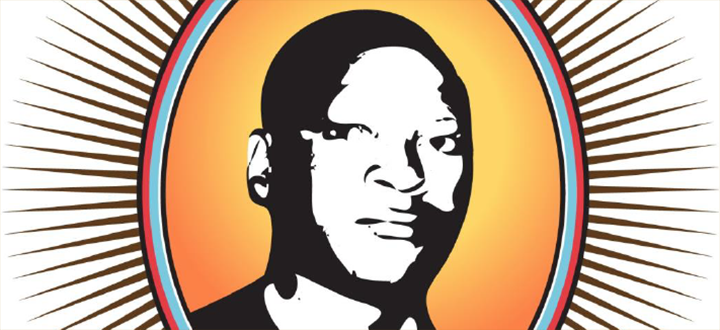 Unisa honours Dr OK Matsepe's enduring legacy
Unisa honours Dr OK Matsepe's enduring legacy
 Great strides towards concretising Unisa-PMC partnership
Great strides towards concretising Unisa-PMC partnership
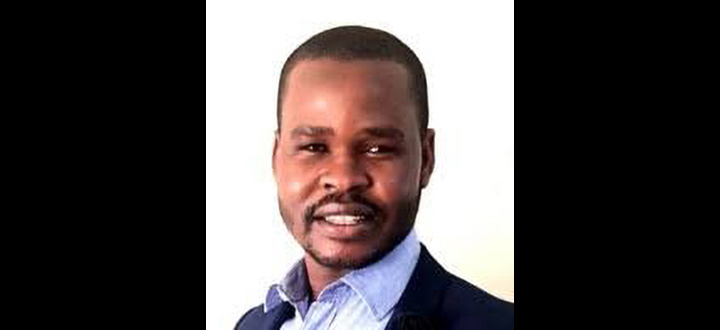 Mental health among men in the workplace needs more attention
Mental health among men in the workplace needs more attention
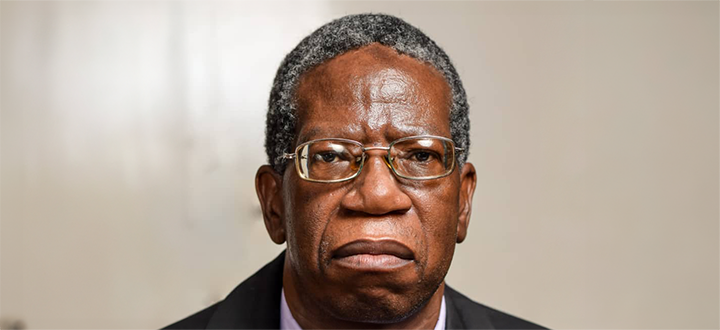 "I owe everything to Unisa and my late supervisor's priceless mentoring"
"I owe everything to Unisa and my late supervisor's priceless mentoring"
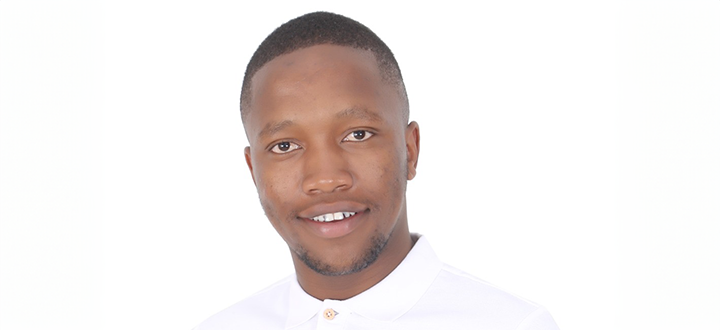 Majikijela - a queer scholar raising homosexuality awareness through his work
Majikijela - a queer scholar raising homosexuality awareness through his work